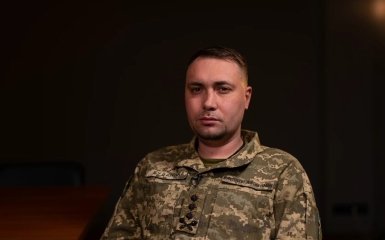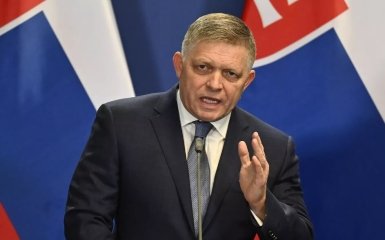The Russians' use of fiber optic FPV drones is a big problem that needs to be addressed next year.
Points of attention
- Russia's use of fiber-optic FPV drones poses a significant challenge on the front, prompting Ukraine to seek solutions for effective countermeasures.
- Main Intelligence Directorate of the Ministry of Defense in Ukraine has identified the threat of fiber-optic drones and is prioritizing finding solutions to combat them.
- Ukrainian unmanned aerial vehicles have demonstrated high effectiveness in hitting distant enemy targets up to 2 thousand kilometers, showcasing their power and potential.
- The Head of the DIU, Kirill Budanov, highlights the urgency for finding a logical solution to address the increasing use of fiber-optic drones by the Russians.
- Successful DIU operations, such as the strike on the naval base of the Caspian Flotilla, underscore the capabilities of Ukrainian drones and the need to enhance defense capabilities.
Budanov announced work on solving the problem of the latest Russian drones
This was announced by the head of the Main Intelligence Directorate of the Ministry of Defense, Kirill Budanov.
We are winning the drone war. But the Russians have massively switched to using fiber-optic drones. This is a huge problem for us, because it is impossible to stop them with electronic warfare, meaning the use of FPV drones. This is the know-how and trend of this year. Next year, we will all look for a logical solution together to deal with the huge number of such devices.

Kirill Budanov
Head of the GUR
The Ministry of Defense spoke about the capabilities of advanced Ukrainian drones
A statement on this occasion was made by Andriy Yusov, a representative of the Main Intelligence Directorate of the Ministry of Defense of Ukraine.
According to him, currently Ukrainian unmanned aerial vehicles can hit enemy targets at a distance of up to 2 thousand kilometers.
From what we can tell, it's no longer a secret that Ukrainian long-range unmanned aerial vehicles can hypothetically operate up to two thousand kilometers. In most other cases, we neither confirm nor deny. I can only say that there are reasons for the explosions there.
Against this background, it is worth recalling that on November 6, Ukrainian drones struck the naval base of the Caspian Flotilla of the Russian Navy. This was another successful DIU operation.
It is also worth noting that the distance from the state border of Ukraine to the affected area is about 1,500 kilometers.












